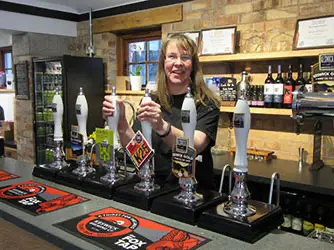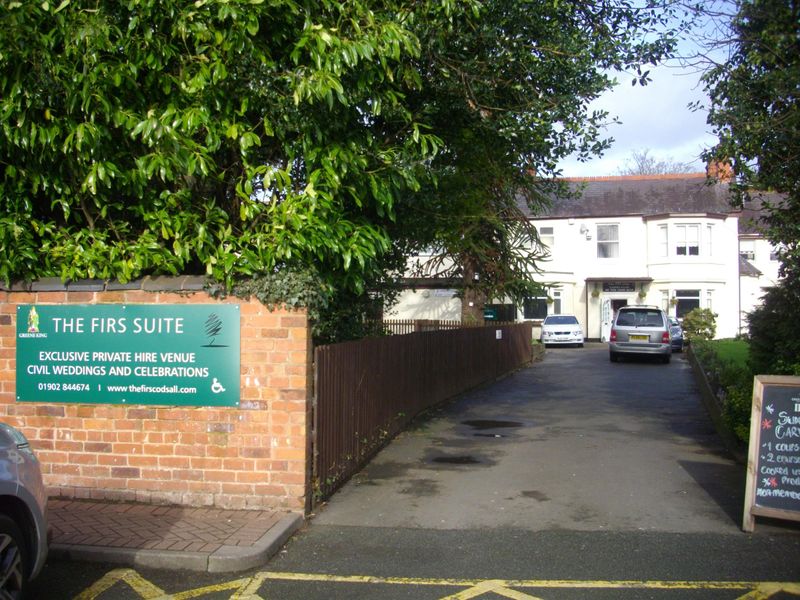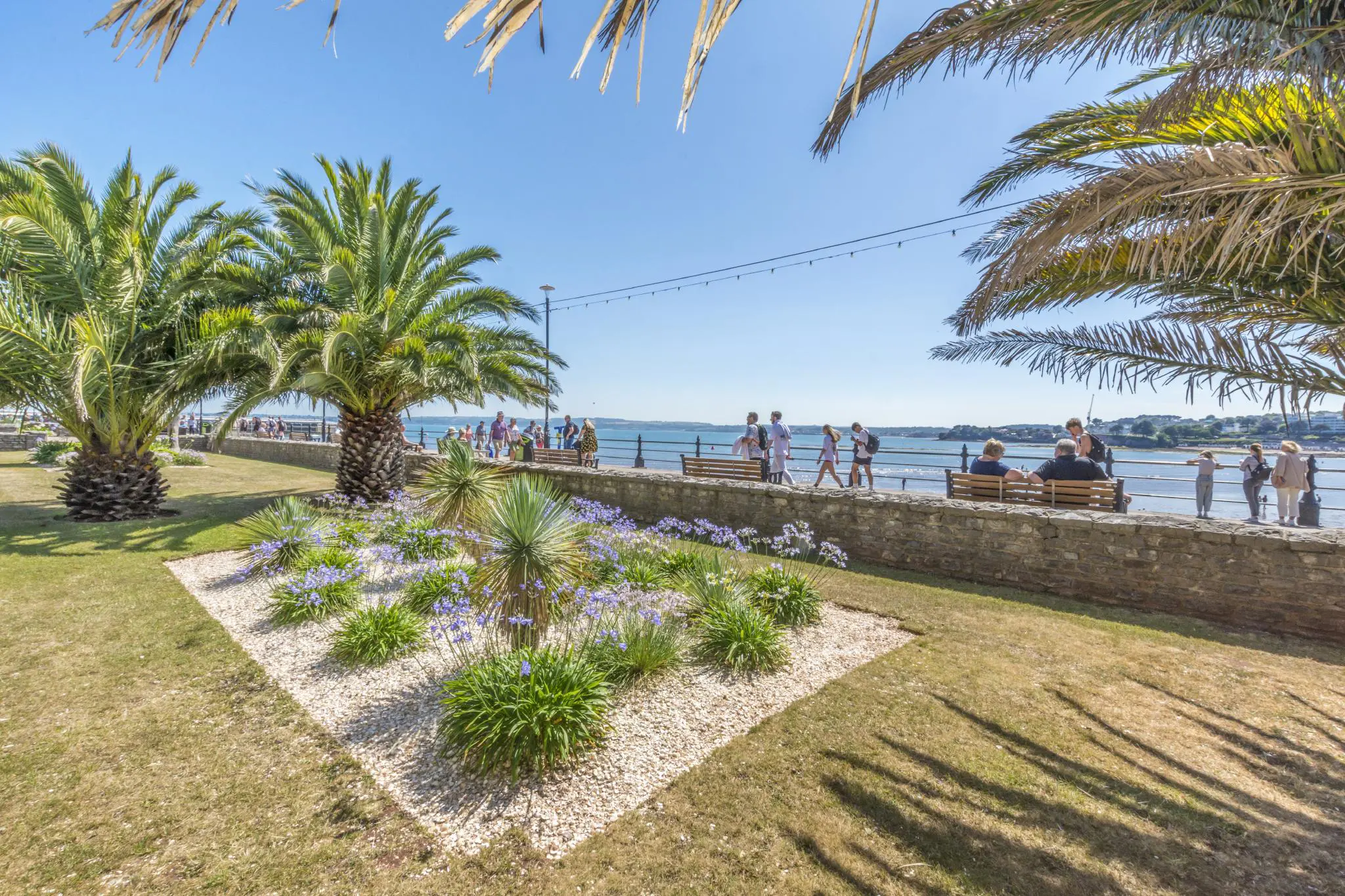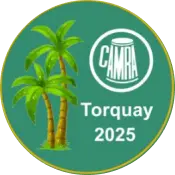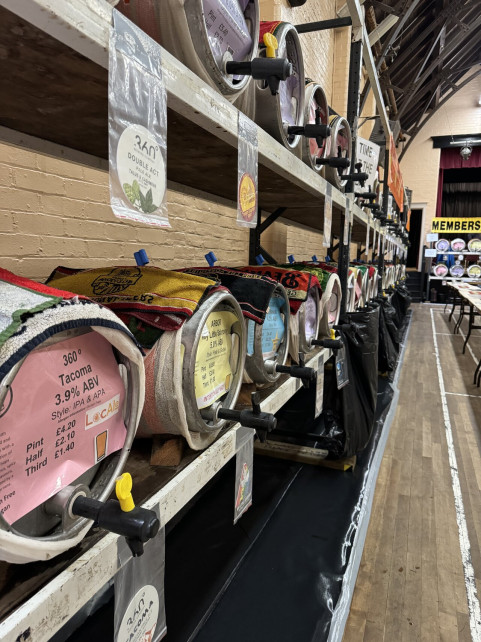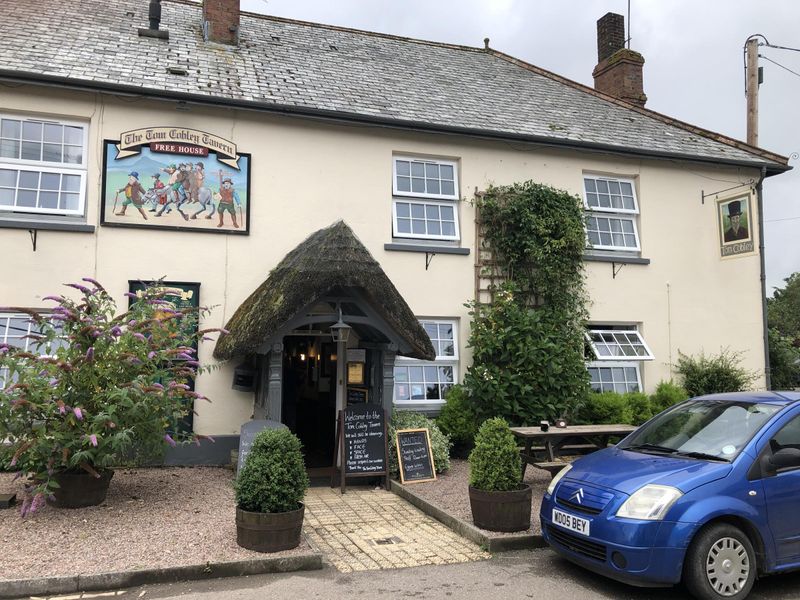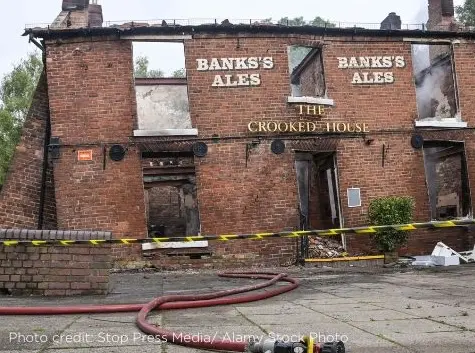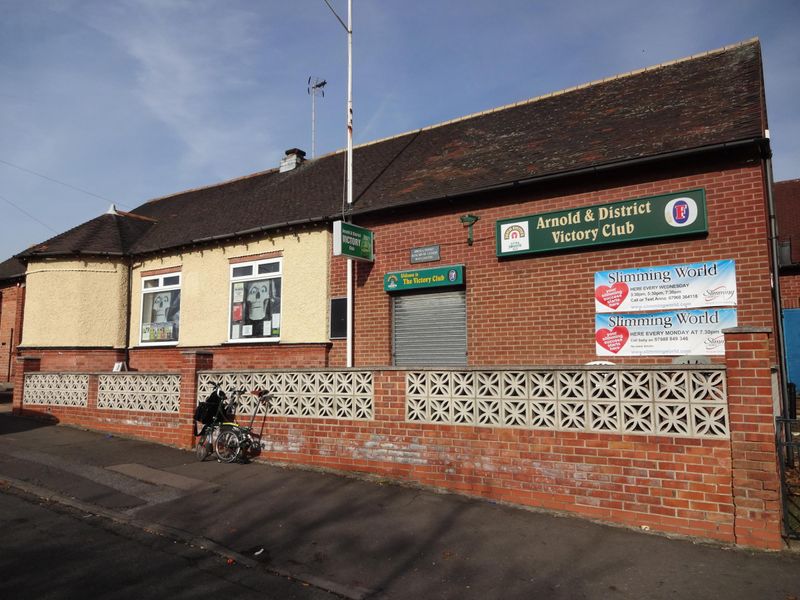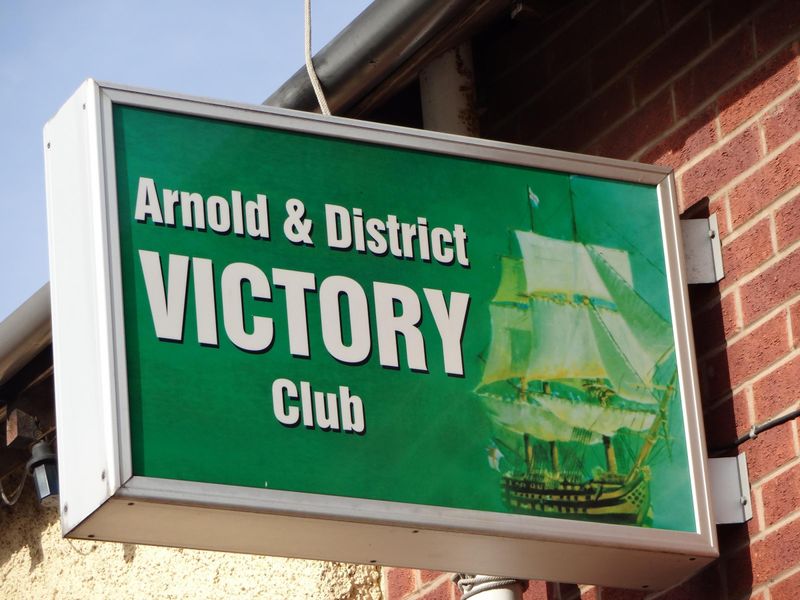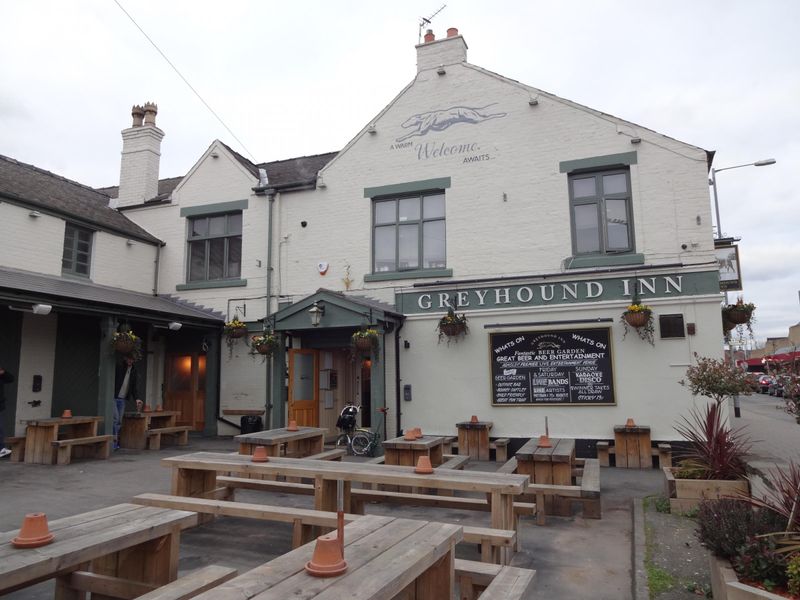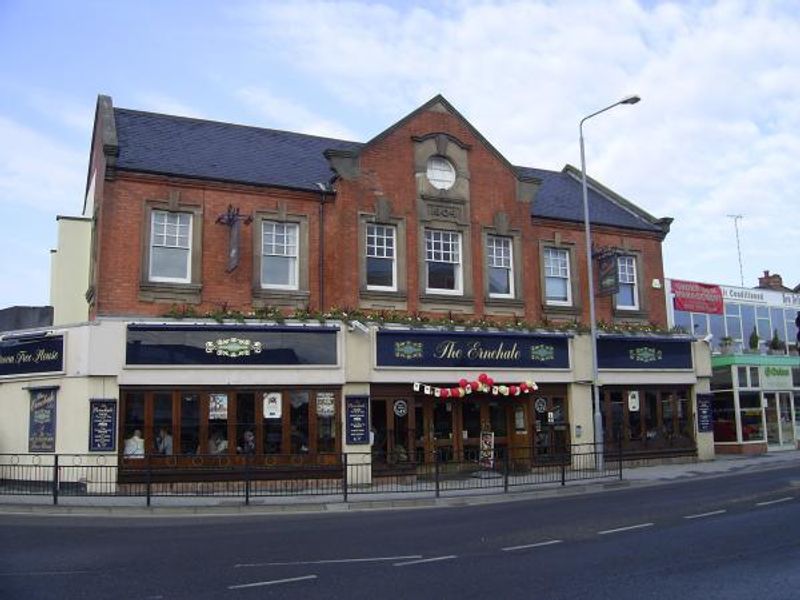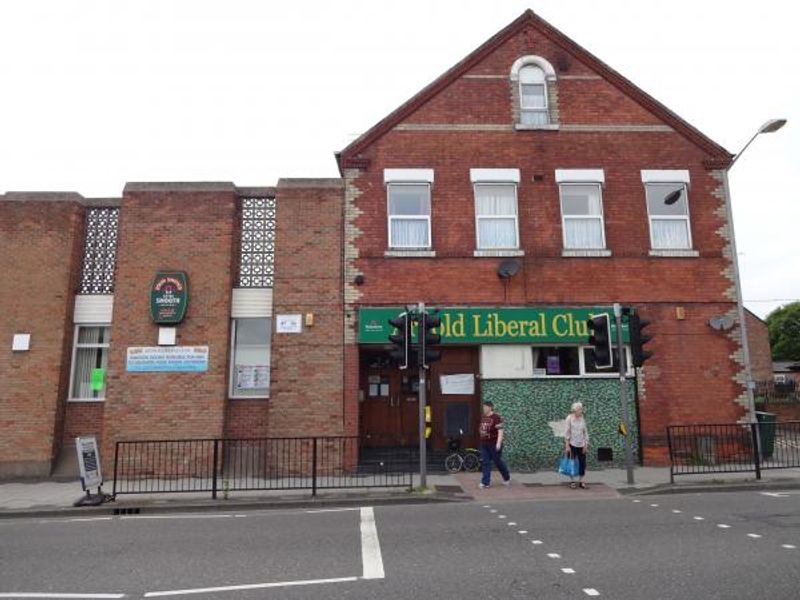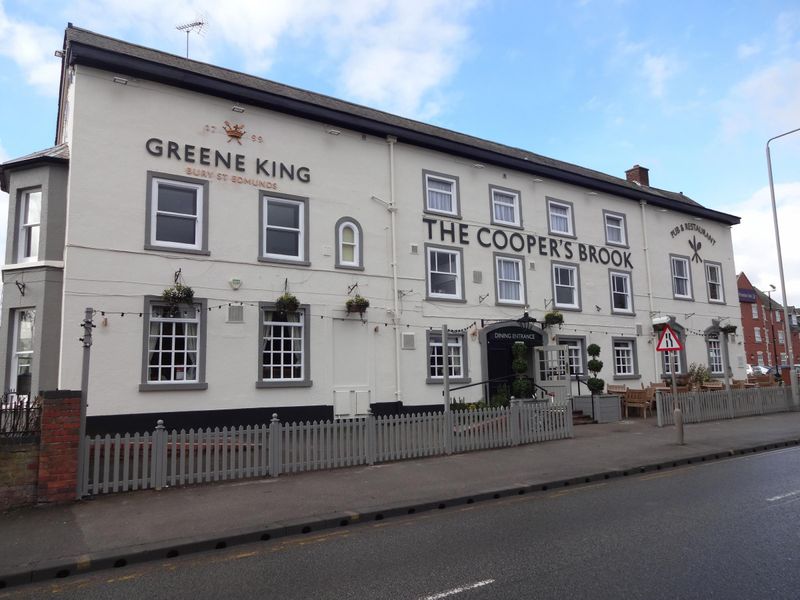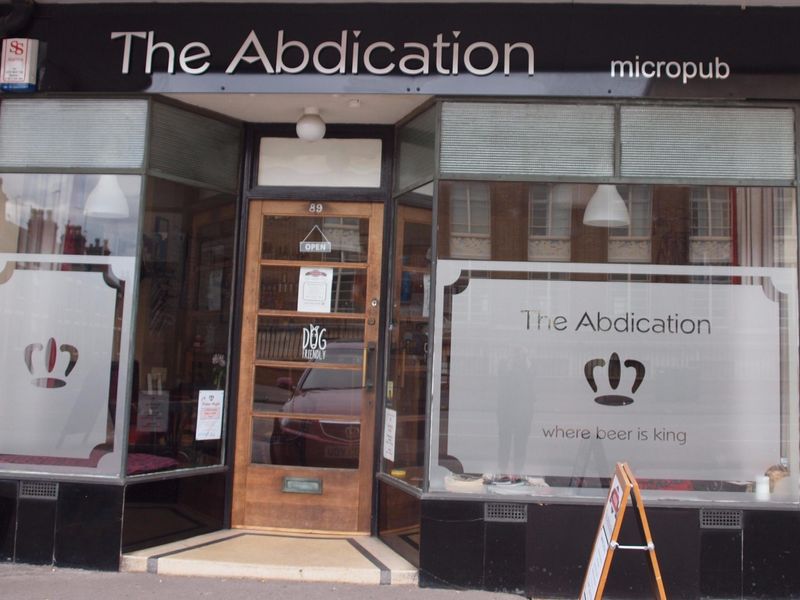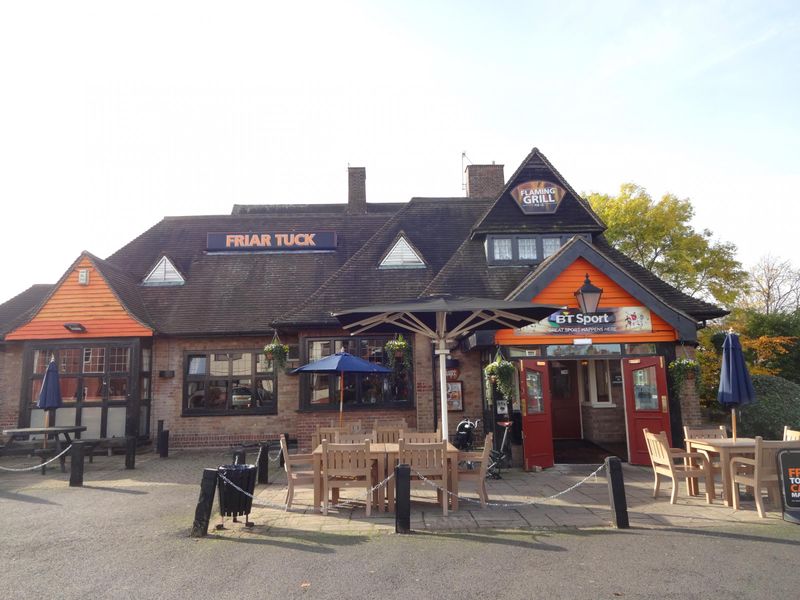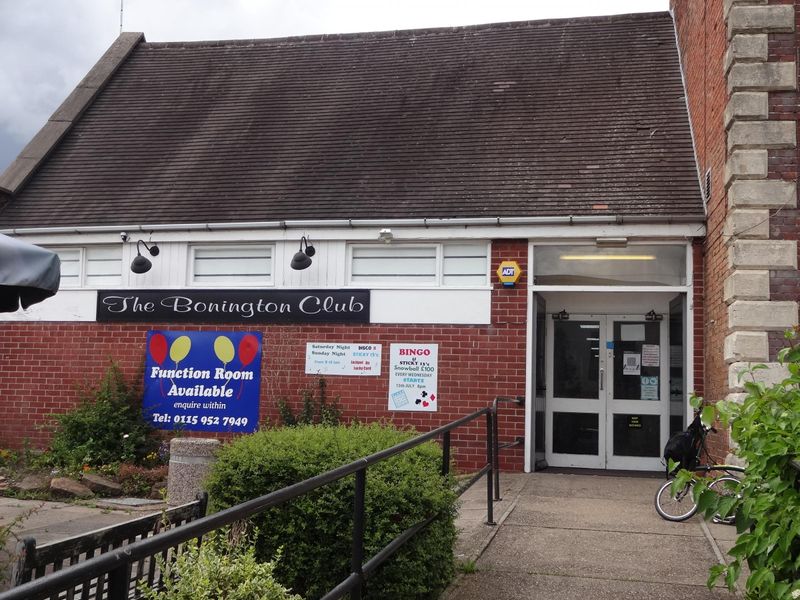Historic Interest
The British Legion was formed on 15 May 1921, bringing together four national organisations of ex-Servicemen that had established themselves after the First World War.
The main purpose of the Legion was straightforward: to care for those who had suffered as a result of service in the Armed Forces during the war, whether through their own service or through that of a husband, father or son. The suffering took many forms: the effect of a war wound on a man's ability to earn a living and support his family, or a war widow's struggle to give her children an education.
Even those who had come through the war relatively unscathed struggled with employment. As a result of the war, Britain's economy plummeted and in 1921 there were two million unemployed. Over six million men had served in the war - 725,000 never returned. Of those who came back, 1.75 million had suffered some kind of disability and half of these were permanently disabled. Added to this figure were the families who depended on those who had gone to war - the wives and children, widows and orphans as well as the parents who had lost sons in the war, who often contributed to the household income.
The situation so moved Lancastrian Lance Bombardier Tom Lister, that he decided that if the government was either unable or unwilling to do anything to improve the lives of ex-Servicemen, he would do something about it himself. This eventually led to the formation of The British Legion.
When the Legion's leaders looked around them, they saw the gigantic task of looking after those who had suffered in the recent war and also the need to prevent further sacrifice by reminding the nation of the human cost of war and to work actively for peace.
By the time of the Legion's formation in 1921, the tradition of an annual Two Minute Silence in memory of the dead had been established. The first ever Poppy Appeal was held that year, with the first Poppy Day on 11 November 1921.
We were granted ‘Royal’ status in 1971, and extended our membership to serving members of Her Majesty's Armed Forces, as well as ex-Service personnel, in 1981. Now, anyone can become a member of The Royal British Legion. We welcome men and women of all ages, whether they have served in the Armed Forces or not, to continue the work that was begun nearly 100 years ago. (RBL Website)
[Gedling Borough Council; Daybrook Ward / Nottinghamshire County Council; Arnold South Division / Gedling Parliamentary Constituency].
Information for this venue is provided by the Nottingham Branch of CAMRA
- Previous Names
- Local Authority
- Gedling District (B)
- Last updated
-
03/05/2021
- Last surveyed
-
- Leasehold owner
-
unknown
- Freehold owner
-
unknown
- Pub ID
- NOT/394
- Asset of Community Value
-

